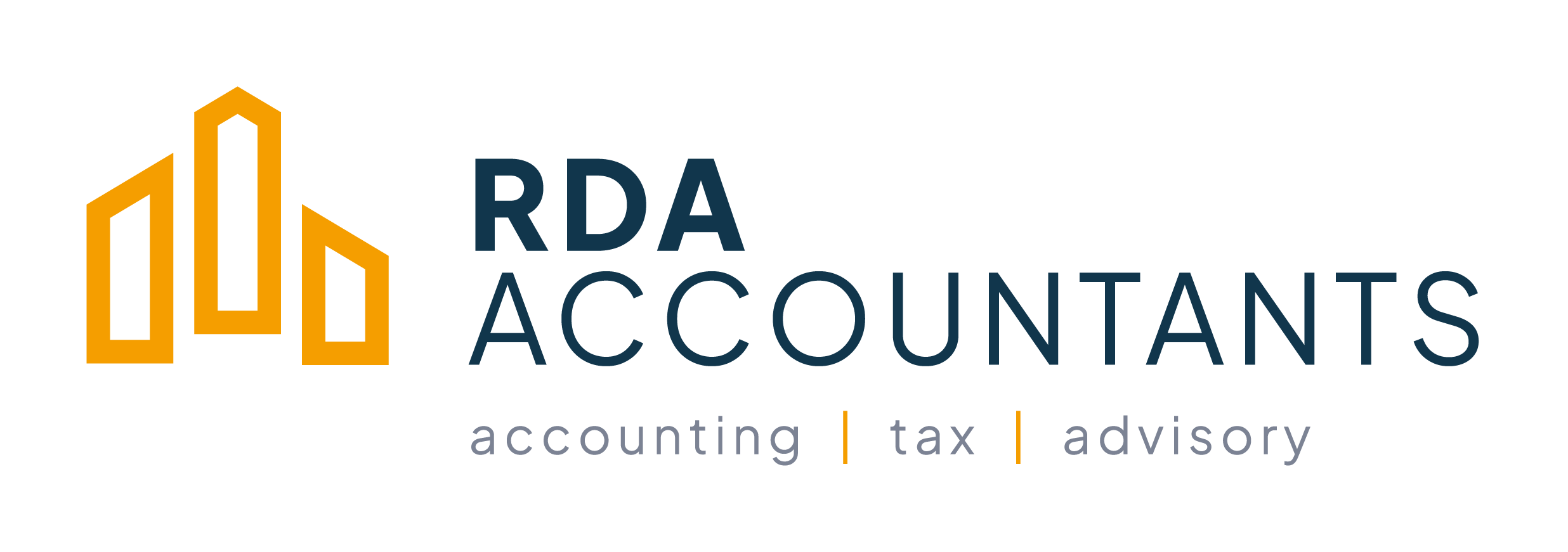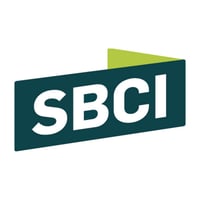If you're a small or medium-sized business in Ireland and seeking funding options, you may want to...
How to Review a Bank Loan: A Comprehensive Guide for Borrowers
Bank loans can provide the necessary funds to fulfil your financial needs, whether it's starting a business, buying a car, or paying for college. However, it's essential to understand the terms and conditions of the loan before signing any agreements. In this guide, we'll provide you with a step-by-step process for reviewing a bank loan so that you can make an informed decision.
Understanding the Different Types of Bank Loans
Before reviewing a bank loan, it's important to understand the different types of loans available. Some common types of bank loans include:
- Personal Loans - These are unsecured loans that borrowers can use for various purposes, such as consolidating debt, home improvement, or unexpected expenses.
- Auto Loans - These are secured loans used to finance the purchase of a vehicle. The vehicle serves as collateral for the loan.
- Business Loans - These loans are specifically designed for small business owners to finance their businesses' operations or expansion.
- Home Loans - These are secured loans used to purchase or refinance a home. The property serves as collateral for the loan.
Each type of loan has its own terms, conditions, and eligibility requirements, so it's important to understand which loan is best suited for your needs.
Factors to Consider When Reviewing a Bank Loan
When reviewing a bank loan, there are several factors you need to consider to ensure that the loan is suitable for you.
- Interest Rates - The interest rate is the amount of money the lender charges for borrowing the funds. It's important to understand the interest rate as it affects the total cost of the loan. Typically, the higher the interest rate, the more expensive the loan.
- Repayment Terms - The repayment term is the length of time you have to repay the loan. It's important to understand the repayment terms as they affect the monthly payments and the total cost of the loan. Typically, longer repayment terms mean lower monthly payments, but a higher total cost of the loan.
- Fees and Charges - Most loans come with fees and charges that borrowers need to pay in addition to the loan amount. These fees can include origination fees, application fees, prepayment penalties, and late fees. It's essential to understand these fees and charges as they affect the total cost of the loan.
- Collateral Requirements - Secured loans, such as auto loans and home loans, require collateral. Collateral is an asset that the lender can take possession of if the borrower defaults on the loan. It's important to understand the collateral requirements as they affect the borrower's risk.
Reviewing Your Credit Score and Credit Report
Before applying for a bank loan, it's essential to review your credit score and credit report. Your credit score and report provide an indication of your creditworthiness and can affect the interest rate and terms of the loan. Reviewing your credit report also allows you to identify any errors or inaccuracies that you can dispute before applying for the loan.
Preparing the Necessary Documents
When applying for a bank loan, you need to provide various documents, such as your identification, income verification, and bank statements. It's important to prepare these documents in advance to speed up the loan application process.
Applying for the Loan
Once you've prepared the necessary documents and reviewed your credit score, you can begin applying for the loan.
When applying for a bank loan, you need to be well-informed about the loan application process. It's important to be aware of the requirements of the loan and the terms and conditions of the loan agreement. Here are some additional steps you can take to review a bank loan:
- Reviewing the Loan Agreement - Before signing the loan agreement, it's essential to review the document to ensure that you understand the terms and conditions of the loan. The loan agreement contains important information such as the interest rate, repayment terms, fees and charges, and collateral requirements. If you have any questions or concerns about the loan agreement, don't hesitate to ask the lender for clarification.
- Comparing Loan Options - It's a good idea to compare different loan options before applying for a loan. You can compare loans from different lenders to find the best deal for your needs. When comparing loans, make sure you consider the interest rate, repayment terms, fees and charges, and collateral requirements.
- Working with a Financial Advisor - If you're unsure about the loan application process, you may want to work with a financial advisor. A financial advisor can provide guidance on the loan application process and help you make an informed decision about the loan. They can also help you create a budget and financial plan to ensure that you're able to repay the loan.
Final Thoughts on Reviewing Bank Loans
Reviewing a bank loan can be a complex process, but it's essential to ensure that you're making an informed decision about the loan. By understanding the different types of loans available, reviewing the loan terms and conditions, and working with a financial advisor, you can ensure that you're getting the best loan for your needs. Remember to review your credit report and prepare the necessary documents before applying for a loan. With these steps, you can make the loan application process as smooth as possible.
To further ensure that you make the best decision when applying for a bank loan, here are some additional tips to consider:
- Check Your Budget - Before applying for a loan, it's important to assess your budget to determine if you can afford the monthly payments. Review your income and expenses to see if you can comfortably repay the loan. This will help you avoid defaulting on the loan, which can negatively impact your credit score.
- Avoid Over Borrowing - When applying for a loan, it's important to only borrow the amount you need. Avoid over borrowing, as this can increase the total cost of the loan and make it harder to repay. Only borrow what you need and can realistically afford to repay.
- Understand the Risks - All loans come with risks, such as defaulting on the loan or facing penalties for late payments. Before applying for a loan, it's important to understand the risks involved and how they can affect your credit score and financial standing.
- Read the Fine Print - When reviewing the loan agreement, make sure to read the fine print carefully. This will help you understand the terms and conditions of the loan and avoid any surprises down the road.
By following these tips you can ensure that you're making an informed decision when applying for a bank loan. Remember to do your research, review your credit report, and prepare the necessary documents to make the loan application process as smooth as possible.



.png?height=200&name=Selling%20Your%20Business%20(24).png)